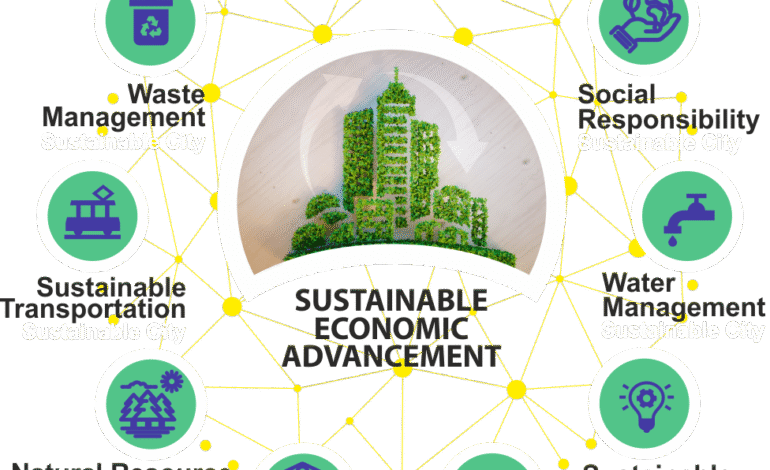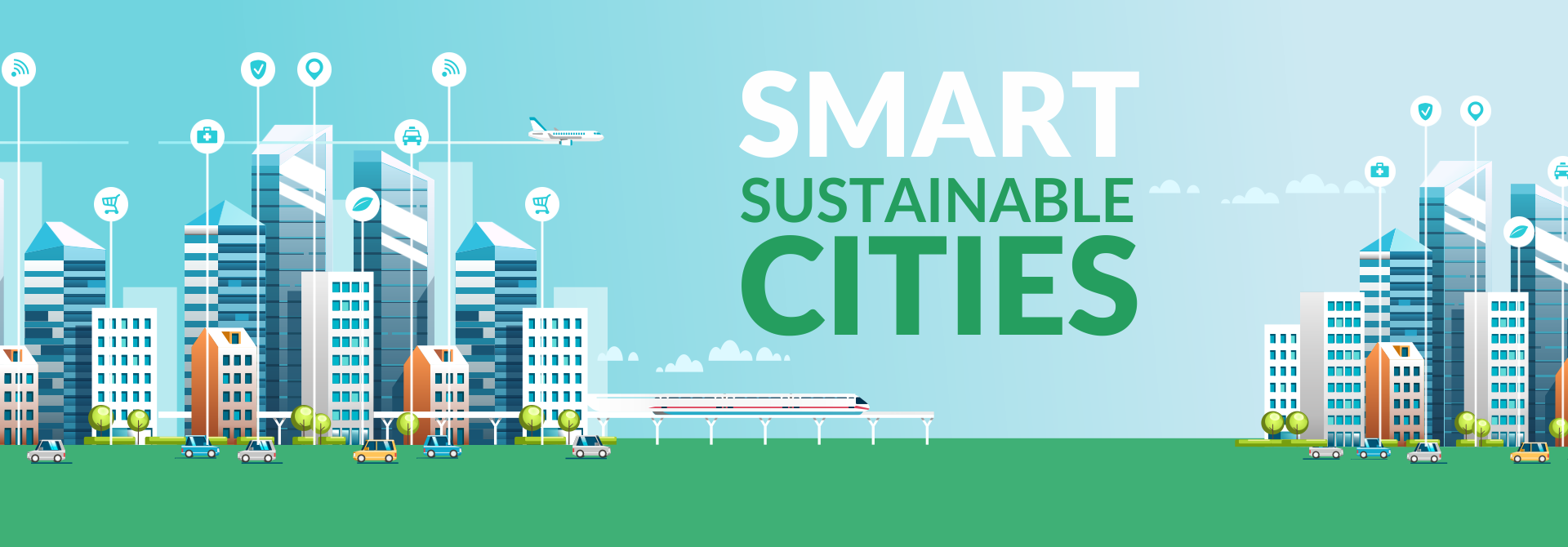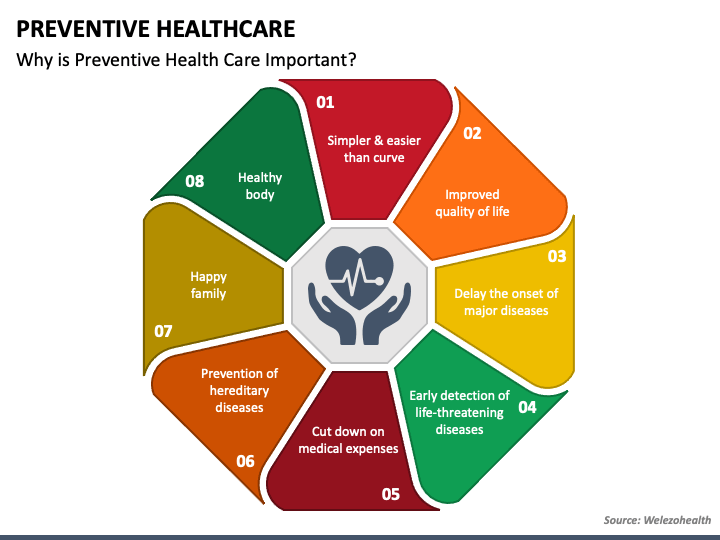India’s Green Cities: Tech Leading the Way

Green Tech Innovations Transforming Indian Cities
India’s urban landscape is undergoing a rapid transformation, and at the heart of this change lies a growing commitment to sustainable development. Faced with challenges like air pollution, water scarcity, and waste management, Indian cities are increasingly turning to “green tech” – innovative technologies designed to minimize environmental impact and improve quality of life. This isn’t just about adopting trendy solutions; it’s about building resilient, future-proof urban centers. Let’s delve into some of the most impactful green tech innovations currently reshaping Indian cities.
Smart Waste Management Systems
One of the most pressing issues facing Indian cities is waste management. Traditional methods are often inefficient, leading to overflowing landfills and environmental hazards. Smart waste management systems are offering a powerful solution. These systems utilize sensors in bins to monitor fill levels, optimizing collection routes and reducing fuel consumption. Several cities, including Surat and Indore, have implemented such systems, resulting in significant cost savings and improved cleanliness.
Beyond simply optimizing collection, technology is also being used to improve waste *processing*. Waste-to-energy plants are becoming more common, converting municipal solid waste into electricity. Furthermore, advancements in recycling technologies, including automated sorting facilities, are increasing the amount of waste that can be repurposed, reducing the burden on landfills. Indore, consistently ranked as India’s cleanest city, is a prime example of a city embracing comprehensive waste management solutions.
Renewable Energy Integration
India has ambitious goals for renewable energy adoption, and cities are playing a crucial role in achieving these targets. Solar power is perhaps the most visible example, with rooftop solar installations becoming increasingly prevalent in both residential and commercial buildings. Government subsidies and falling solar panel prices are driving this growth. Cities like Jaipur and Chandigarh are leading the way in rooftop solar adoption.
However, renewable energy integration goes beyond just solar. Wind energy, while more geographically limited, is being harnessed in coastal cities. More innovative solutions are also emerging, such as utilizing waste heat from industrial processes to generate electricity. Furthermore, the development of smart grids is crucial for effectively integrating intermittent renewable energy sources into the existing power infrastructure. These smart grids use data analytics and automation to optimize energy distribution and ensure grid stability.

Water Management and Conservation
Water scarcity is a major concern in many Indian cities. Green tech is offering solutions for both water conservation and improved water management. Smart water meters are being deployed to detect leaks and monitor water consumption patterns, empowering residents to reduce their water usage.
Rainwater harvesting is another crucial strategy, and many cities are actively promoting its adoption through incentives and regulations. Beyond harvesting, innovative technologies are being used for wastewater treatment and reuse. Treated wastewater can be used for non-potable purposes like irrigation and industrial cooling, reducing the demand on freshwater resources. Chennai’s water crisis in 2019 highlighted the urgent need for sustainable water management, and the city has since invested heavily in wastewater treatment and rainwater harvesting projects.
Air Quality Monitoring and Pollution Control
Air pollution is a severe public health crisis in many Indian cities. Real-time air quality monitoring systems are providing valuable data on pollution levels, allowing authorities to take targeted action. These systems utilize sensors to measure pollutants like particulate matter (PM2.5 and PM10), nitrogen dioxide, and sulfur dioxide.
Beyond monitoring, green tech is also being used to control pollution at its source. Electric vehicles (EVs) are gaining traction, offering a cleaner alternative to traditional gasoline-powered vehicles. Government initiatives like the Faster Adoption and Manufacturing of (Hybrid &) Electric Vehicles (FAME) scheme are incentivizing EV adoption. Furthermore, technologies like smog towers are being deployed in some cities to filter pollutants from the air, although their effectiveness is still being debated. Delhi is at the forefront of efforts to combat air pollution, implementing measures like odd-even vehicle schemes and promoting public transportation.
Green Buildings and Sustainable Construction
The construction sector has a significant environmental impact. Green building technologies aim to minimize this impact through energy-efficient designs, the use of sustainable materials, and water conservation measures. LEED (Leadership in Energy and Environmental Design) certification is becoming increasingly popular, recognizing buildings that meet high standards of sustainability.
Sustainable construction materials, such as fly ash bricks and recycled concrete, are gaining prominence. These materials reduce the demand for virgin resources and minimize waste. Furthermore, technologies like prefabricated construction can speed up construction times and reduce material waste. Hyderabad is witnessing a growing number of green building projects, demonstrating a commitment to sustainable urban development.
The Future of Green Tech in Indian Cities
The adoption of green tech in Indian cities is still in its early stages, but the momentum is building. Artificial intelligence (AI) and the Internet of Things (IoT) are poised to play an even greater role in the future, enabling more sophisticated and integrated solutions. For example, AI-powered traffic management systems can optimize traffic flow, reducing congestion and emissions. IoT sensors can provide real-time data on various environmental parameters, enabling data-driven decision-making.
However, challenges remain. Funding constraints, lack of awareness, and regulatory hurdles can hinder the adoption of green tech. Strong government support, public-private partnerships, and increased awareness are crucial for overcoming these challenges. Ultimately, the successful transformation of Indian cities into sustainable urban centers will require a collaborative effort from all stakeholders – government, industry, and citizens alike. The potential benefits – a cleaner environment, improved public health, and a more resilient future – are well worth the investment.



